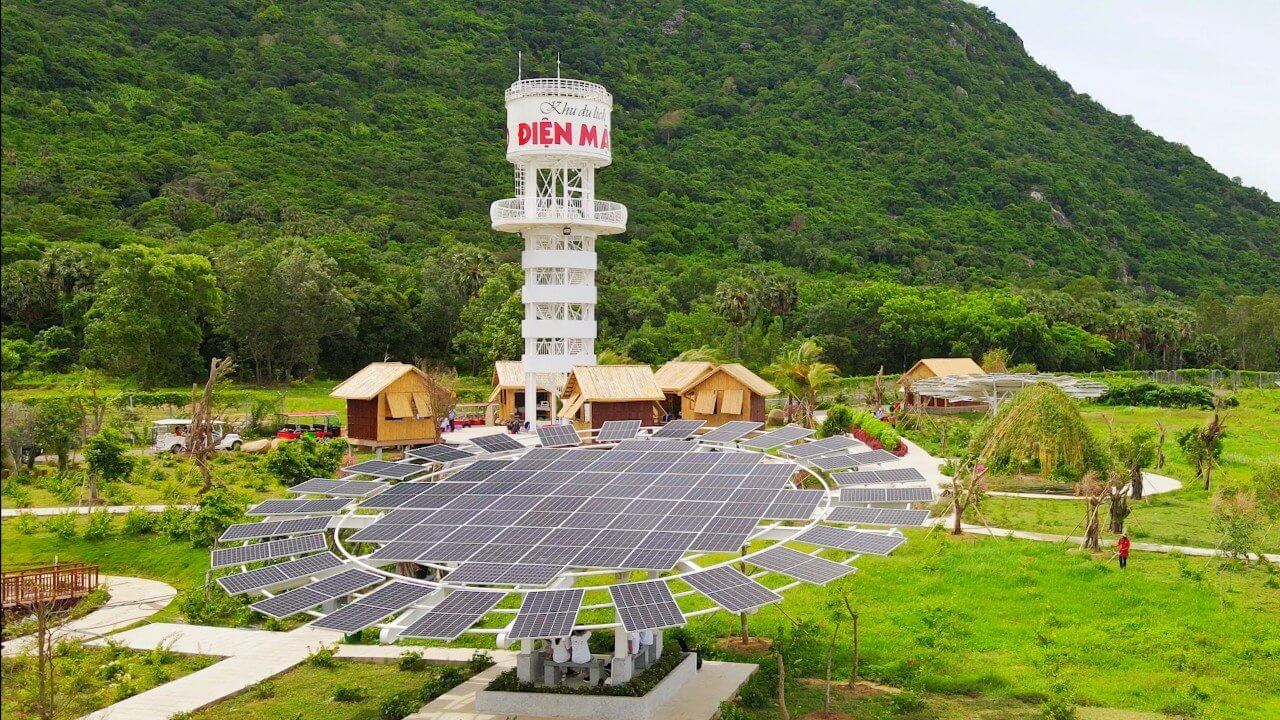Renewable energy has earned much attention in the draft power development plan VIII (the latest version issued in November 2021) after three adjustments. To reach net zero emissions by 2050, new coal-fired thermal power projects after 2021 must not be licensed, while operational ones must be phased out.
Time to develop renewable energy, reduce coal-fired power
Investing in renewable energy is indispensable. In 2020, the output from new renewable energy projects accounted for 83% of the total output of new power projects, while that from fossil and nuclear power made up 17%, meaning that the coal-fired thermal power is facing a setback and paving the way for the clean energy to develop, which matches the future power development trend in the world.
Some Asian countries such as Indonesia, Bangladesh and the Philippines have announced that they have canceled or reviewed new coal-fired thermal power projects. Japan and South Korea, even ahead of the United Nations Climate Change Conference (COP26), had committed to reaching net zero emissions by 2050.
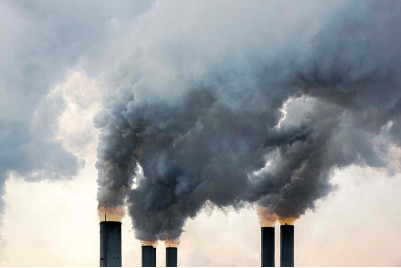
According to the Global Energy Monitor (GEM), it’s hard to mobilize capital for coal-fired thermal power projects, while renewable energy production has become less costly. Thus, coal-fired thermal power projects will be delayed further and even fail to attract investors.
Coal-fired power threatens the target of net zero emissions
The world is phasing out coal-fired power, while Vietnam and China are doing the opposite.
Ten years ago, coal-fired thermal power played a minor role in the national power system as it accounted for 17.6% of the total electricity output, much smaller than gas-fired power (49.4%) and hydropower (30.1%). However, a decade later, coal-fired power has taken the lead in Vietnam as it has accounted for 52.9% of the total electricity output, outpacing hydropower (25.5%) and gas power (15.7%).

The proportion of coal-fired power output in Vietnam (52.9%) has been 1.6 times higher than the world’s average, at 33.8%, while the country’s proportion of wind and solar power output (5.4%) has been less than half of the world’s (9.4%). The steady increase of the capacity and output of coal-fired thermal power plants has made Vietnam become a thermopower-dependent country although the Vietnam’s electricity system ranks 23rd in the world.
With a proposal to develop 27 new coal-fired thermal power plants in the next 15 years, which is included in the power development plan VIII, Vietnam’s greenhouse gas emissions will increase further. The volume of carbon dioxide is estimated to amount to 350 million tons by 2045, so the target of net zero emissions by 2050 seems unachievable.
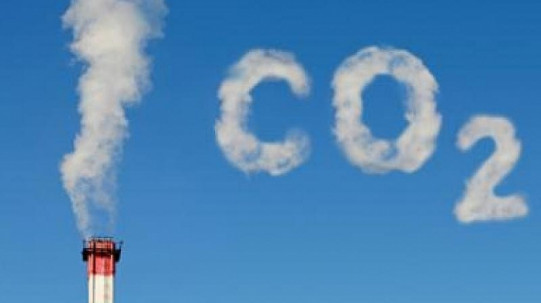
In October 2021, more than 200 scientists and clean energy firms wrote to the prime minister proposing the Government carefully review the draft power development plan VIII to make it match the global green and clean energy development trend. Renewable energy should be developed to compensate for primary energy sources which are exhausting.
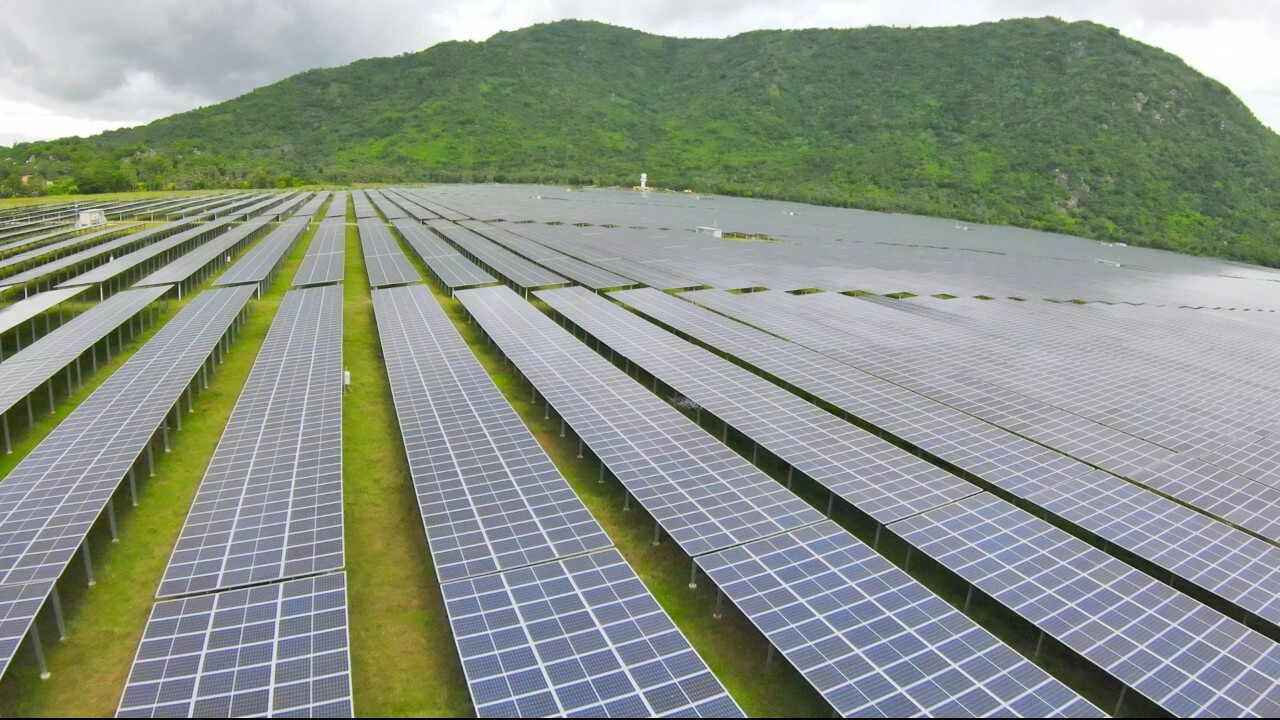
Policies for renewable energy
According to Ha Dang Son, director of the Center for Energy and Green Growth Research, to reach net zero emissions by 2050, Vietnam needs to invest heavily in energy storage and electricity transmission and encourage enterprises to invest in clean energy.
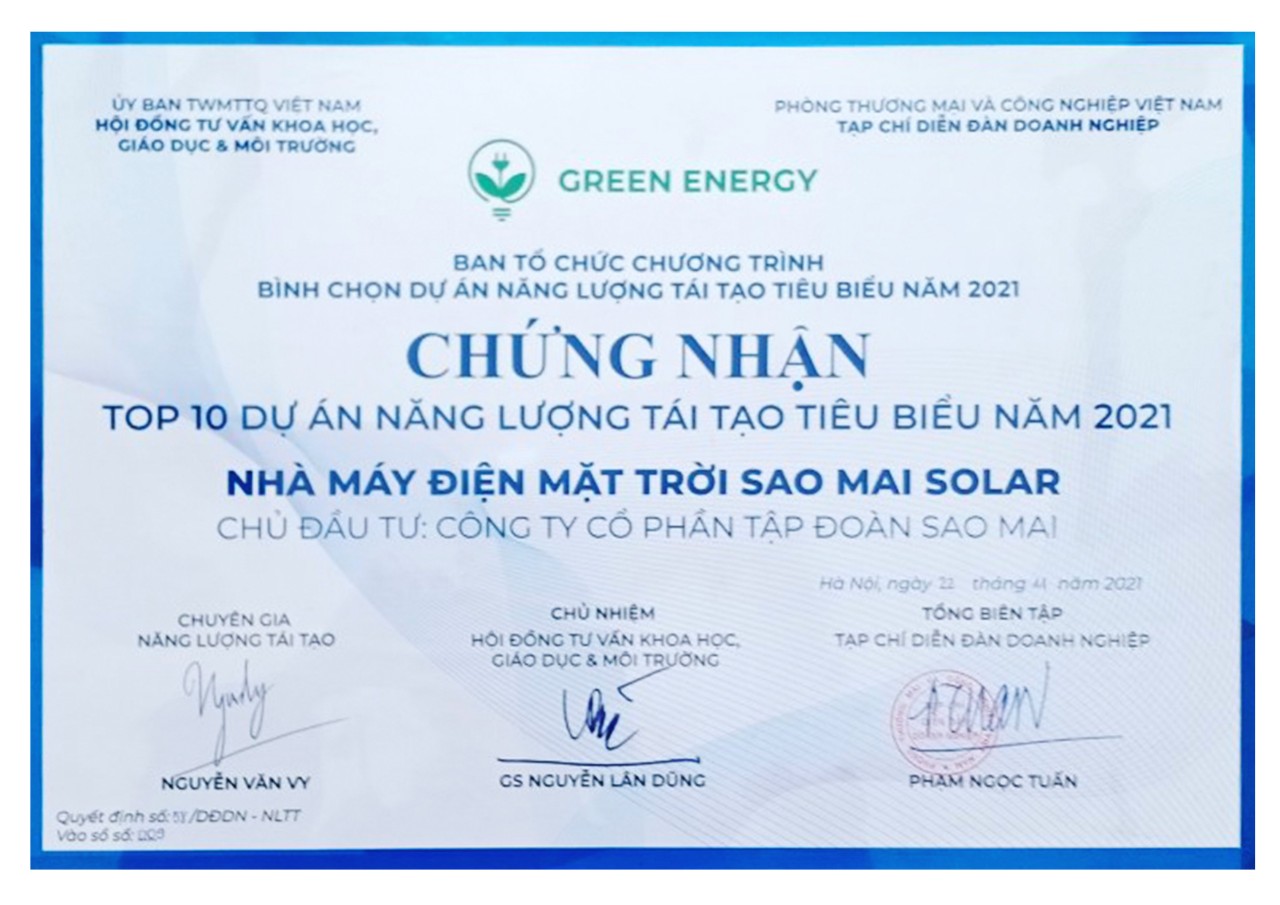
“Vietnam has an inexhaustible source of green energy that costs no money. If we know how to exploit and use it effectively, we can ensure the national energy security. A wise investment will definitely help unlock the potential of Vietnamese enterprises. The State does not need to provide capital to investors but should issue good and transparent policies instead, which will benefit the country and protect its sustainable development achievements,” a representative of a large economic group in the south shared his point of view through press agencies.

